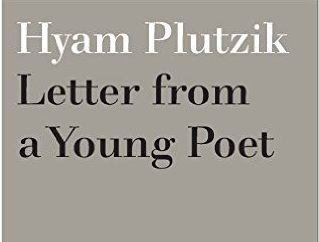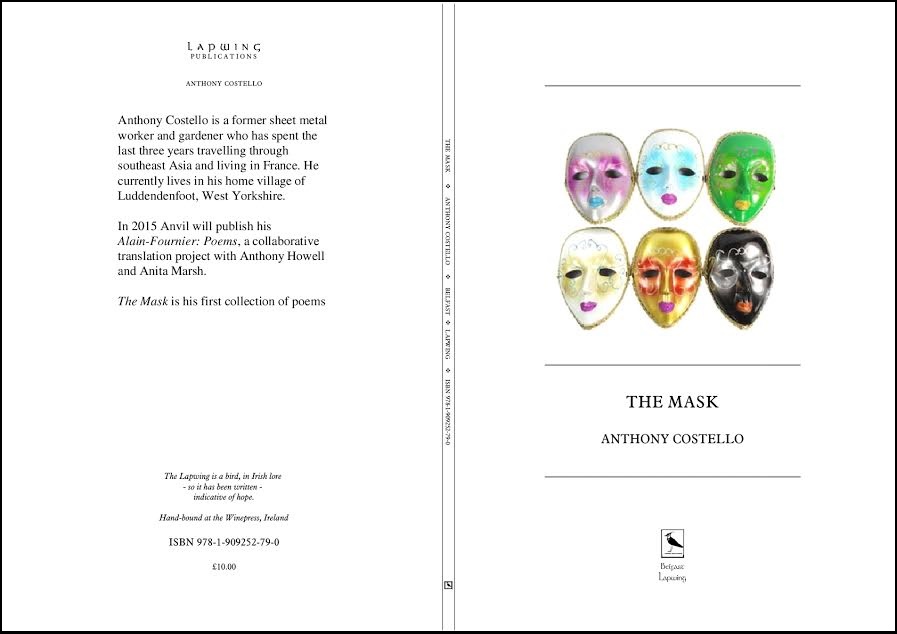Gertrude’s Attic by Jaimie Gusman
– Reviewed by Anthony Costello –
This is a necessarily bijou review for Gertrude’s Attic, a bijou chapbook beautifully designed by Chris Edwards at Vagabond Press. In an ambitious undertaking, Jaimie Gusman, author of One Petal Row and The Anyjar, interweaves the poetry (and poetics) of Gertrude Stein with the fabric of her own poetic outlook. The three sections to this book – Heirlooms, Scraps of Lace, Drawings – draw on Stein’s collected works, including her essays and her novel Ida. However, these borrowings are never onerous or misapplied, but placed at pivotal points in Gusman’s own poetic endeavour.
‘Gertrude’s Attic’, the eponymous poem in part two, is like peering into a doll’s house where clothes are folded “into triangles”, closets are opened and “everything is stored up above one finished breath”, and the poems read like a story pieced together from a mosaic or tapestry where tassels, sofas, dresses, dolls and costumes sit alongside surreal imagery (the sky as an empty fruit basket!) and modern motifs.
Despite Gusman’s immersion in Stein’s oeuvre, this is not purely a homage. Her ‘notes on the text’ dutifully credit the influence, but that influence is often light: Stein’s “What is the use of a violent kind of delightfulness” in her ‘A Substance in Cushion’ becomes “the generous interest in a violent appearance” in Gusman’s ‘Ghazal’, for example. Gusman tenderly rearranges and softly utilises text from the same Stein poem in ‘Villanelle’ and ‘Vegetable’ to make this book very much her own. (Elsewhere, Gusman acknowledges Stein in quotations and in italics when the referencing is more concrete.)
There is an interesting mix of form and style, from the storytelling technique of ‘Baby’ to the poetic prose of ‘Candelabra’, from the experimental ‘A page Ever Coming’ to the modernist ‘Hair’ and ‘Drawers’. Language use is varied too, from the imagistic in ‘Some Reactions To Being Alice’:
the arctic cookbook, your
Ice cakes, cold cream hands
up and down the spine like a fork
to the narrative lyric of ‘Tomato Seedlings’:
I ask our Ida when she’ll go back
to Washington because I am reading the book
on how to escape Ohio without ever leavingWashington is a bitter spring,
white tulips scatter like frozen teeth.
I meet our Ida there at a bar called Al’s
There is much to admire in Gertrude’s Attic, the writing sweetly pitched and poised. I can’t always be sure if the poet’s experience is metaphoric or real, but this balance between walking literally in Stein’s shoes (“we try them on and walk through her house”) and the figurative is sustained throughout. It is definitely a richer reading experience for knowing Stein’s work, or re-descovering her work, but this should not deter the would-be reader, as the book can work independently of the Stein connection. This is a book of more than one room, despite the potency of the title sometimes dominating. Gusman is able to move from attics to flghts of fancy, like this in the introduction:
I had you by the tip of my genius
and you had me slumped over
a boxspring and a Riviera bedspread.
Other examples of virtuosic writing: “her shadow prepares an oven / hot, a callous here and there, she sighs / that her nail beds are flimsy steroid-moons”, and “Where are the glistening waistlines / that so briskly walked down / aisles before me?” (in ‘Some Reactions To Being Alice’ and ‘Birdsong’, respectively). Gertrude’s Attic is worth reading for the successful villanelle alone (no mean feat), and for the lively and engaging poetic questions it raises. I particularly liked the nuanced, sometimes complex use of ‘we’ in ‘A Page Ever Coming’. I will finish with one of the stanzas in this four-page poem, and with an overall recommendation. I look forward to reading what the poet writes next.
With all the birds eating the lint eating the atmosphere
I sat in the nothingness looking at the ink on my tiny thumb
and my tiny thumb on the white walls of a singular cell
built by We-men that make up a whole body of cells
and all I could think of was which We was hungry and which We was
full of ink.





